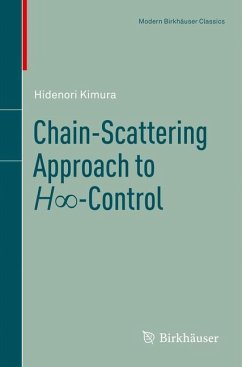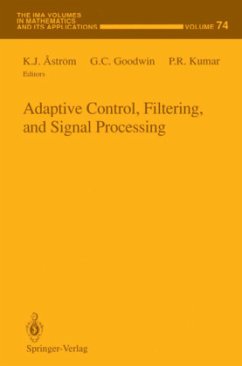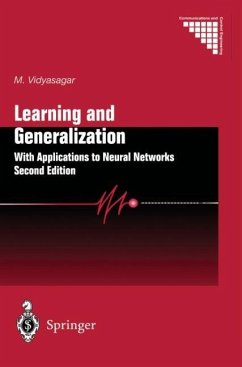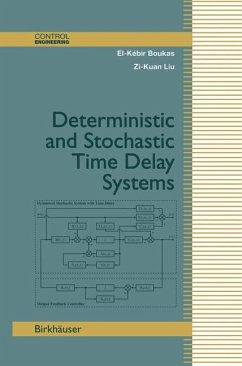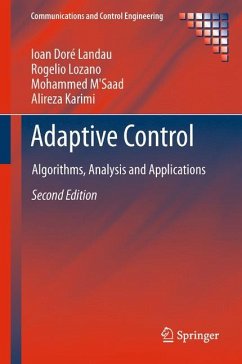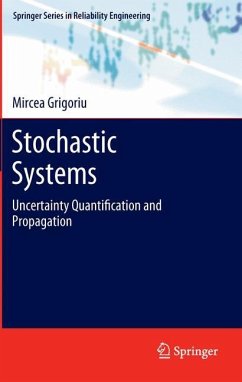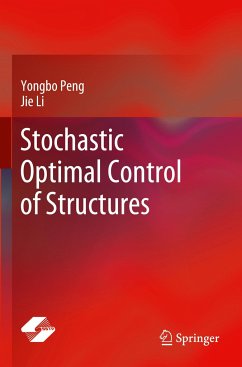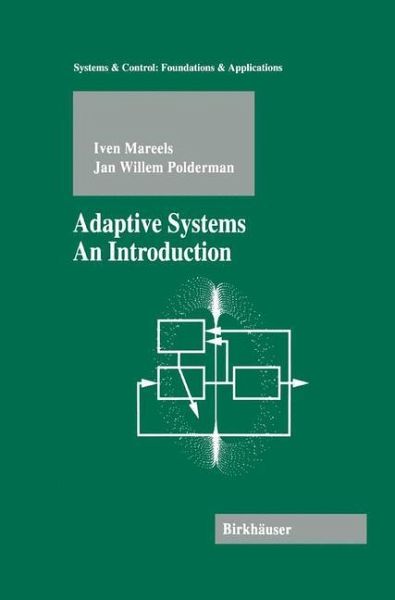
Adaptive Systems
An Introduction
Versandkostenfrei!
Versandfertig in 1-2 Wochen
39,99 €
inkl. MwSt.
Weitere Ausgaben:

PAYBACK Punkte
20 °P sammeln!
Loosely speaking, adaptive systems are designed to deal with, to adapt to, chang ing environmental conditions whilst maintaining performance objectives. Over the years, the theory of adaptive systems evolved from relatively simple and intuitive concepts to a complex multifaceted theory dealing with stochastic, nonlinear and infinite dimensional systems. This book provides a first introduction to the theory of adaptive systems. The book grew out of a graduate course that the authors taught several times in Australia, Belgium, and The Netherlands for students with an engineering and/or mathemat ...
Loosely speaking, adaptive systems are designed to deal with, to adapt to, chang ing environmental conditions whilst maintaining performance objectives. Over the years, the theory of adaptive systems evolved from relatively simple and intuitive concepts to a complex multifaceted theory dealing with stochastic, nonlinear and infinite dimensional systems. This book provides a first introduction to the theory of adaptive systems. The book grew out of a graduate course that the authors taught several times in Australia, Belgium, and The Netherlands for students with an engineering and/or mathemat ics background. When we taught the course for the first time, we felt that there was a need for a textbook that would introduce the reader to the main aspects of adaptation with emphasis on clarity of presentation and precision rather than on comprehensiveness. The present book tries to serve this need. We expect that the reader will have taken a basic course in linear algebra and mul tivariable calculus. Apart from the basic concepts borrowed from these areas of mathematics, the book is intended to be self contained.



